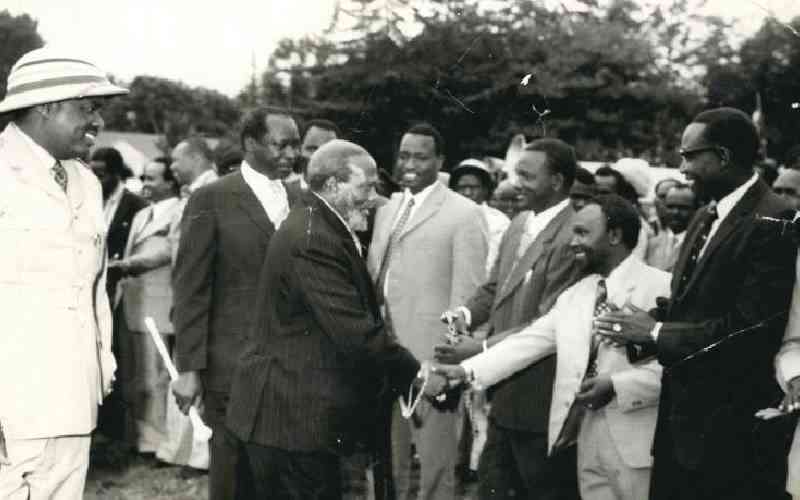×
The Standard e-Paper
Stay Informed, Even Offline

The warning shots have been fired. Some Kenyans are angry and want their representatives in Parliament (Senate and National Assembly) to reject some of the proposed taxes in the Finance Bill 2023, which they fear will make their lives unbearable.
The MPs have been warned of dire consequences should they not undertake this mandate.